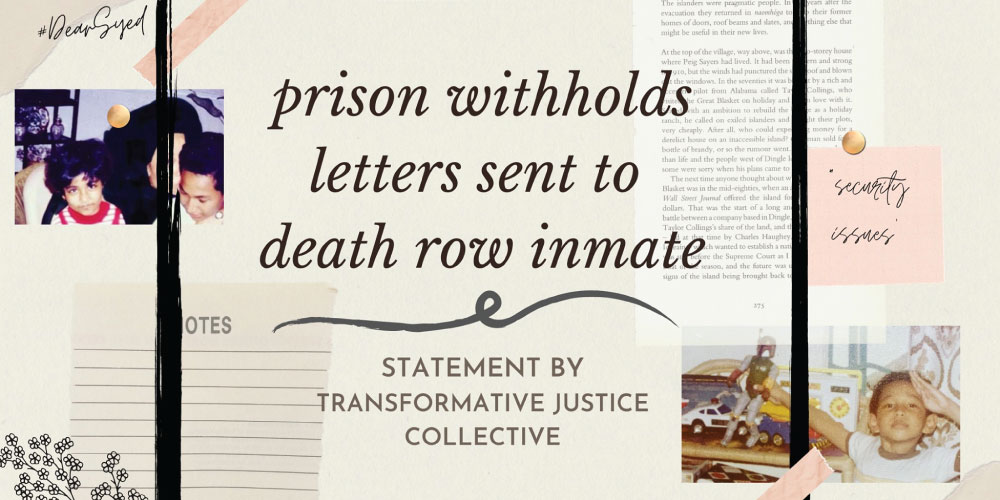Amendments to Singapore’s Public Order Act adopted by the parliament give police and other officials broad and arbitrary powers to further limit or ban public assemblies and protests, said Amnesty International on 4 April.
Amnesty International is a international non-governmental organisation (NGO) focused on human rights which was founded in 1961.
As of 3 April after the passing of the Public Order (Amendment) Bill, organizers of public events will have to adhere to strict measures including applying for a permit at least 28 days in advance and informing the police of the estimated size of the gathering. Failure to do so will result in a fine of $20,000 or imprisonment for up to a year, or both.
The Public Order Act, first promulgated in 2009, regulates public talks, religious assemblies and political protests.
“Our key concern is that the authorities will use the added powers granted by this law to further curtail freedom of expression and peaceful assembly in a country where government critics and activists are already heavily controlled,” said Josef Benedict, Deputy Director for Southeast Asia at Amnesty International.
“The Singaporean government must ensure that the human rights to peaceful assembly and freedom of expression are enjoyed by all, instead of using new laws and other mechanisms to violate these rights.”
When nominated Member of Parliament Kok Heng Leun asked if the amendments to the Public Order Act would curtail “active citizenry” or participation in Singaporean civil society, Minister of Home Affairs, Mr K Shanmugam said: “I wonder if we are moving like ships in the dark in the sea – the Bill says one thing and Mr Kok’s speech pretty much has nothing to do with the Bill.”
According to the bill, an application for a permit may be rejected if the police deem that a public meeting will be used for a political purpose and be attended, organized or funded, in any way by foreign nationals.
Mr Shanmugam emphasised that the amendment is to prevent foreign intervention of Singapore’s domestic issues, he said, “It has been the Government’s long-standing position that foreigners and foreign entities should not import foreign politics into Singapore; nor should they interfere in our domestic issues, especially those of a political or controversial nature,”
However, under the revised Act, police and a government minister will also have wide discretion to cancel, postpone or move events, which is applicable to events that are solely organised by Singaporeans.
The international NGO states that these latest amendments follow a government clampdown on free speech and public assembly, which has included the conviction and fining of political activist Han Hui Hui for leading a peaceful protest and “causing a public nuisance”, and threats to charge her under wide-ranging contempt of court laws, unless she removed social media posts criticising her trial and punishment.
It further states that in February, a fine of SGD $3,100 (USD $2,281), was imposed against blogger and activist Han Hui Hui for the peaceful exercise of her right to freedom of expression. The amount of fine imposed prevents her from standing in the next parliamentary election. The fine followed a demonstration she organised at Hong Lim Park in 2014, protesting the use of government pension funds.
Hong Lim Park is the only place in Singapore where one can hold an assembly for political speeches legally. While one could theoretically apply from the police to hold a protest or procession in Singapore, in reality, there has been no approval ever given by the police to the Singapore civil society, except to the ruling party.
Last month Singaporean blogger Amos Yee, who had been jailed twice for blog posts, was granted asylum in the USA, after a US immigration judge ruled that his treatment by Singapore authorities amounted to ‘political persecution’.
Subscribe
Login
0 Comments







